9 Essential Stops on an Entomologist’s Dream Vacation
Nine locations where bug lovers can while away the hours marveling at the world’s smaller citizens.

Vladimir Nabokov, the author of Lolita, was an avid collector of butterflies. Obsessed with their beauty, he would often spend more time working on his butterflies than on his novels. The world over is filled with people who study, collect, obsess and generally find insects to be creatures of beauty, fascination, and wonder. The most serious among them become professionals, entomologists who devote their lives to the study of the world’s smaller citizens.
In honor of Bug Week, we attempt to honor the world’s entomologists by pulling from our compendium of over 9,000 curious places around the world, to create this, our essential guide to an entomologist’s dream vacation.
Nabokov’s Butterflies
SAINT PETERSBURG, RUSSIA

Vladimir Nabokov’s butterfly collection in the Nabokov Museum. (Photo: Wikimedia)
Best known for the literary masterpieces he authored, Vladmimir Nabokov was also a self-taught lepidopterist, utterly fascinated by butterflies. Today, entomologists and literature fans alike can learn from his extensive research of the winged insect, on display at his childhood home in Russia.
Florissant Fossil Beds
DIVIDE, COLORADO

Palaeovespa florissantia, a fossil wasp, forms the logo for Florissant Fossil Beds National Monument. (Photo: Wikimedia)
As the largest source of fossilized insects anywhere in the world, the Florissant Fossil Beds are a rare opportunity to travel back in time to examine prehistoric insects. These fossils date back nearly 35 million years ago, to when volcanic eruptions buried the area, a treasure trove of insight into prehistoric insect life.
Fireflies of the Great Smoky Mountains
GATLINBURG, TENNESSEE

Tennessee synchronous fireflies light show (Screenshot via YouTube)
One firefly illuminating the night sky is a enchanting sight, but a whole group of them blinking in unison is an incredible, and quite mysterious, phenomenon, one that scientists have only recently began to understand. The fireflies of the Great Smoky Mountains provide a perfect place to both study a fascinating phenomena and see insects at their most magical.
Waitomo Glowworm Caves
WAITOMO, NEW ZEALAND

Bioluminescence is one of the most fascinating and beautiful phenomena to observe in living creatures, and in few places is it more striking than in the Waitomo cave system, where thousands of bioluminescent fungus gnats—better known as glowworms—hang like shimmering lights from above.
Ball’s Pyramid
AUSTRALIA

(Photo: Natalie Tapson on Flickr)
For any entomologist the chance to see an unusual specimen is a delightful one. Ball’s Pyramid is the chance to see a specimen that is not only rare, but returned alive from 70 years of extinction.
Entomological Museum of Volos
VOLOS, GREECE

Lepidoptera, as far as the eye can see. (Photo: EntomologikoMouseio)
This little-known repository is a lepidopterist’s dream: The collection contains many unique and rare insect specimens, including over 10,000 different kinds of butterflies.
US National Tick Collection
STATESBORO, GEORGIA

US National Tick Collection. (Photo: Georgia Southern University)
For the admirable entomologists that specialize in these blood-suckers, this skin-crawling collection more than a million tick specimens is an invaluable resource. And because these tiny insects are carriers of various diseases, the U.S.’s national repository of ticks is not just one of the world’s largest curated displays, it’s also a crucial research center for public health—a worthy stop on an entomology world tour.
Monarch Butterfly Biosphere Reserve
MEXICO

Monarch Butterfly Biosphere Reserve. (Photo: Raina Kumra on Wikipedia)
For lepidopterists who wish to see the monarch butterfly in its natural habitat, there may be no better place than the mountains of Mexico, where thousands of monarchs migrate for the winter months, blanketing the forest in a sea of orange.
Kan’ei-ji Temple
TAITO, JAPAN

Memorial stone at Kan’ei-ji Temple. (Photo via)
Many bugs have sacrificed their lives so that humans might study them. In a remarkable show of gratitude, a Japanese aristocrat who commissioned a 19th century scientific text of anatomical renderings of insects, erected a memorial monument to honor those bugs that gave their lives for science. A perfect place for an entomologist to end their trip, and honor the tiny creatures who they have studied.

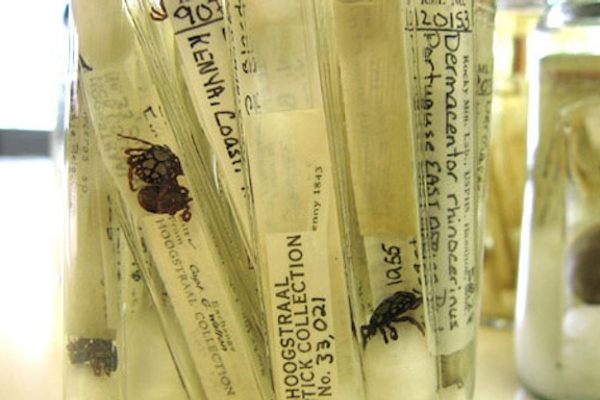

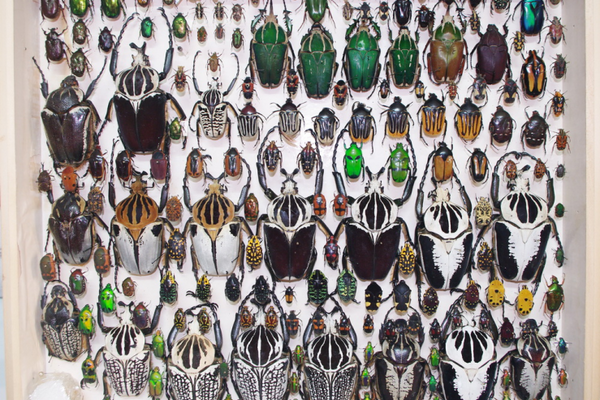

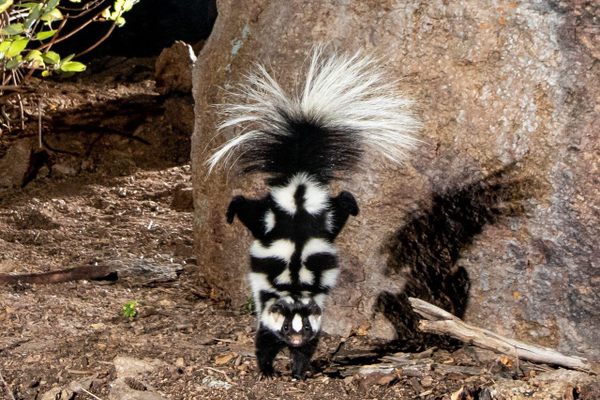
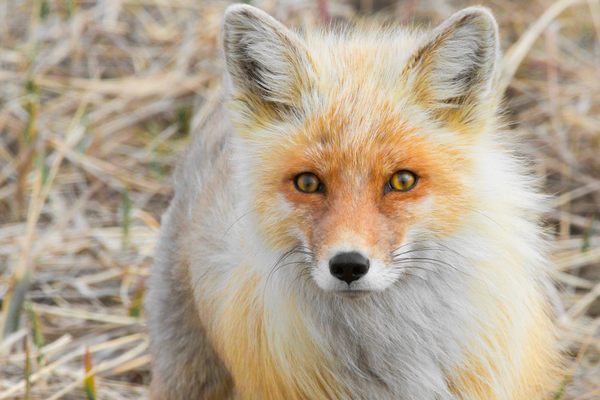








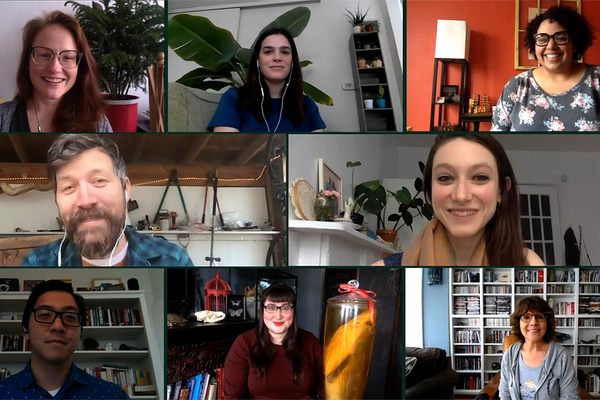

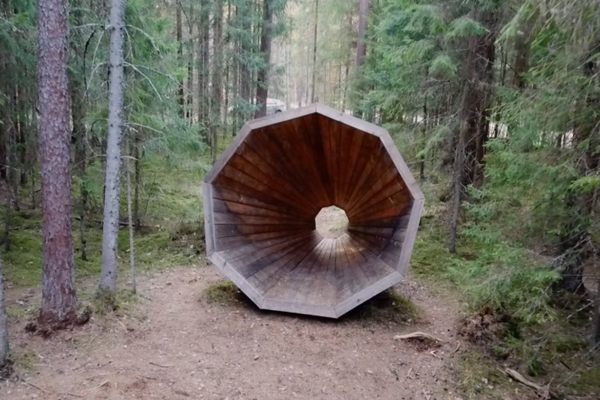



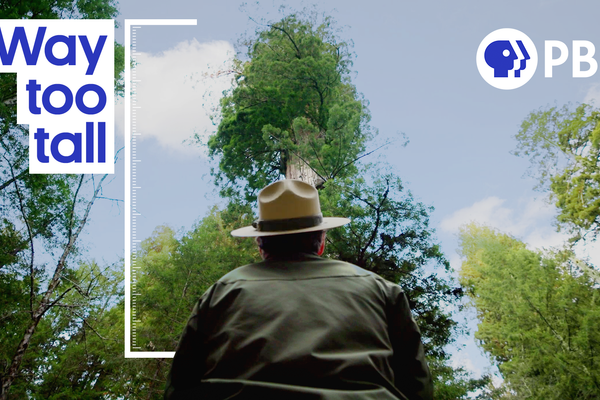









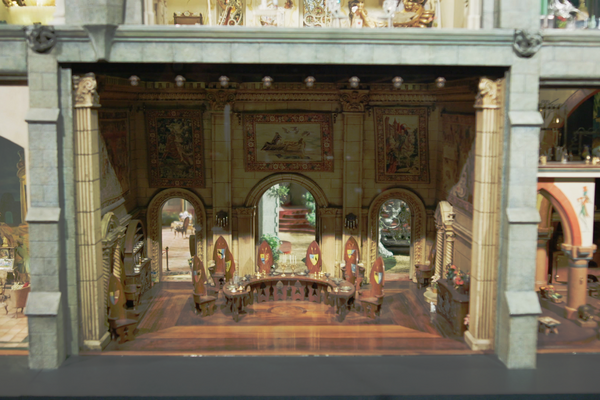


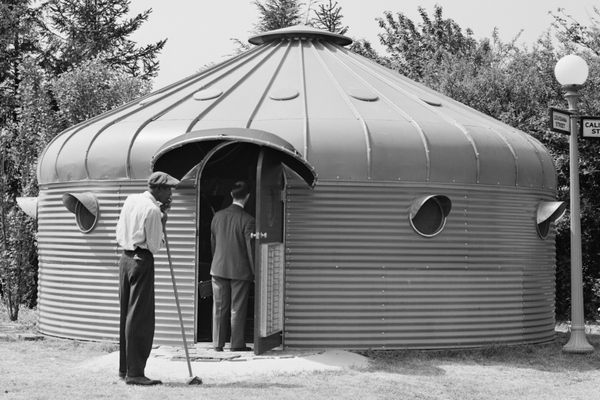

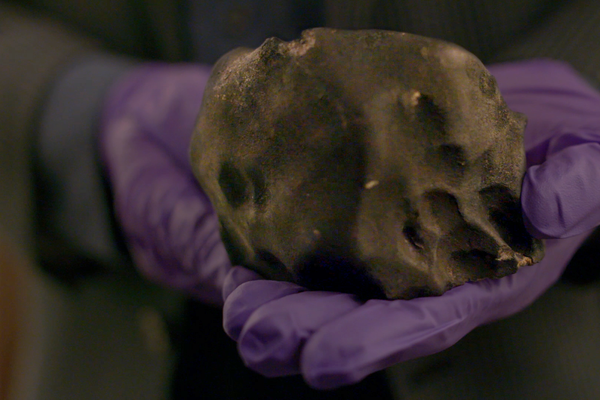
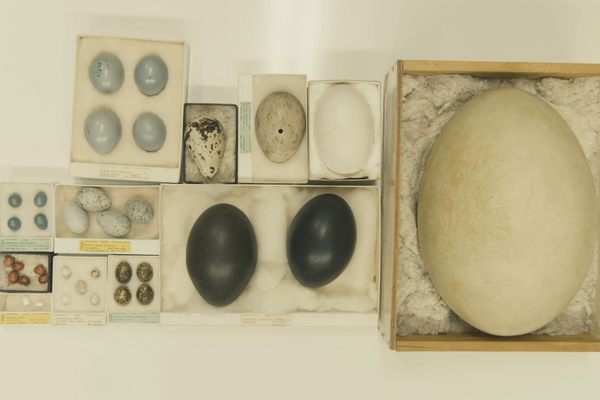











Follow us on Twitter to get the latest on the world's hidden wonders.
Like us on Facebook to get the latest on the world's hidden wonders.
Follow us on Twitter Like us on Facebook